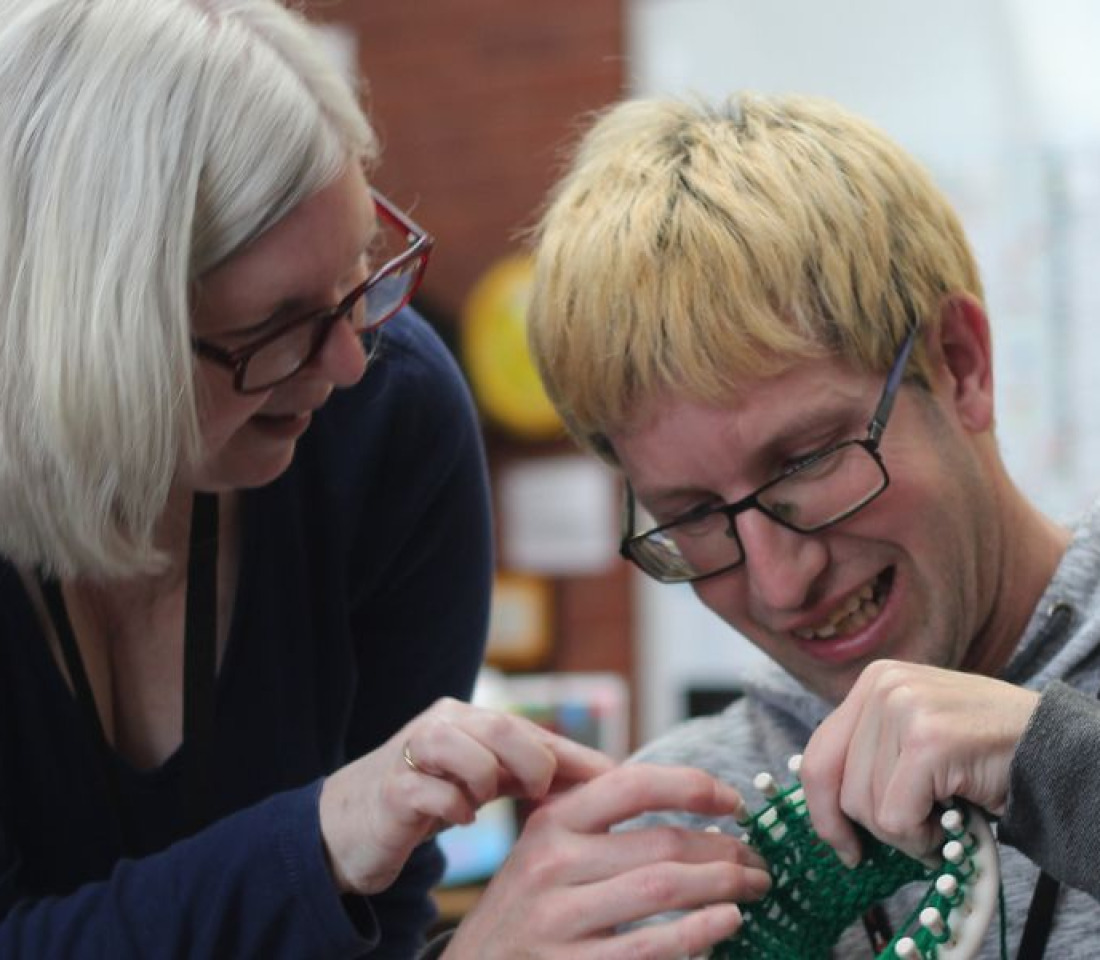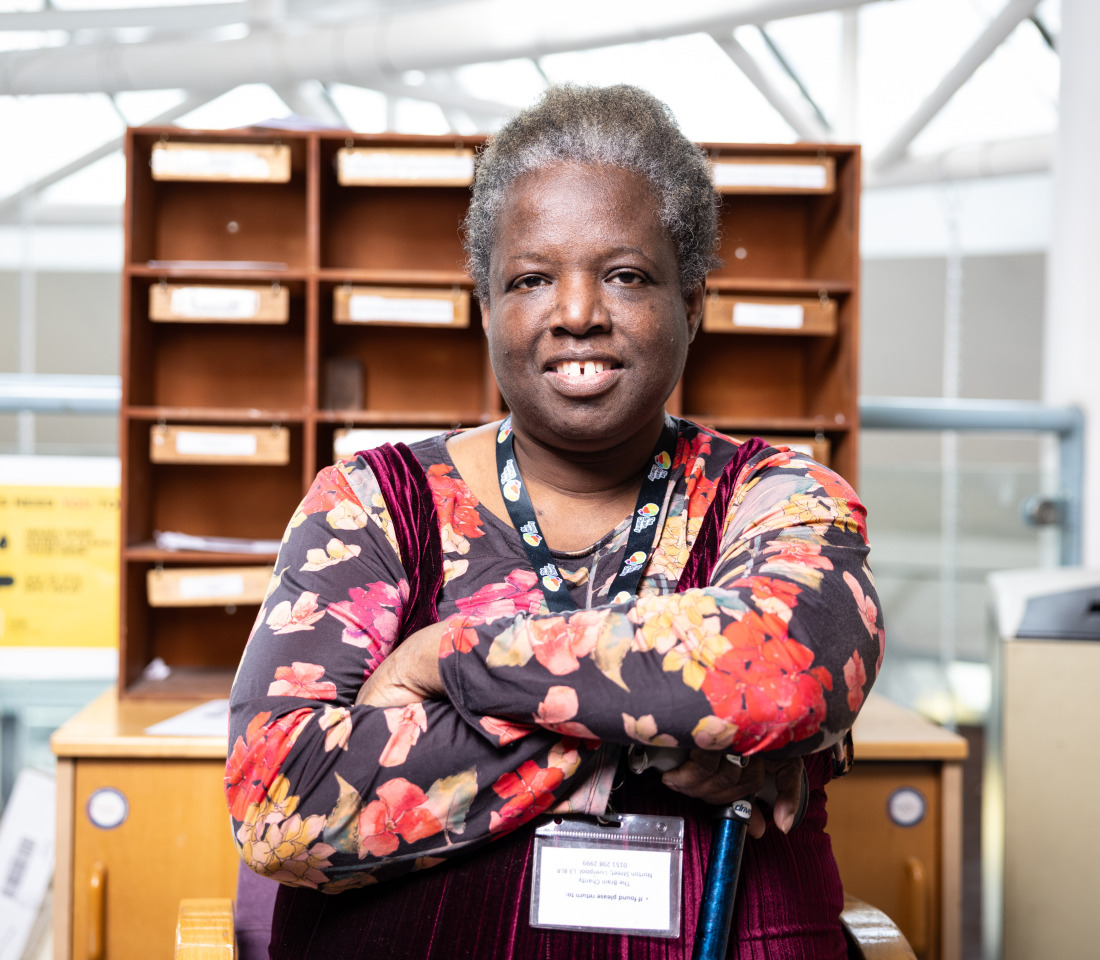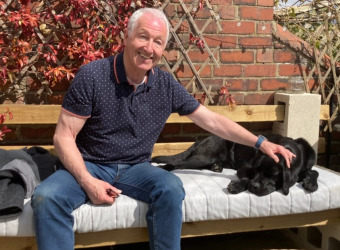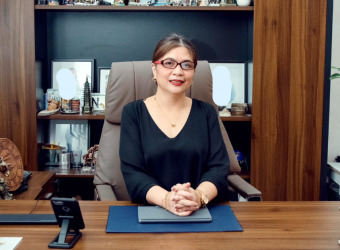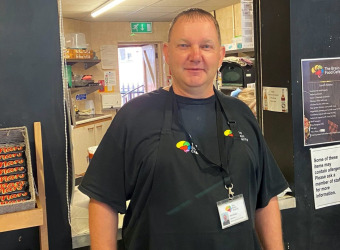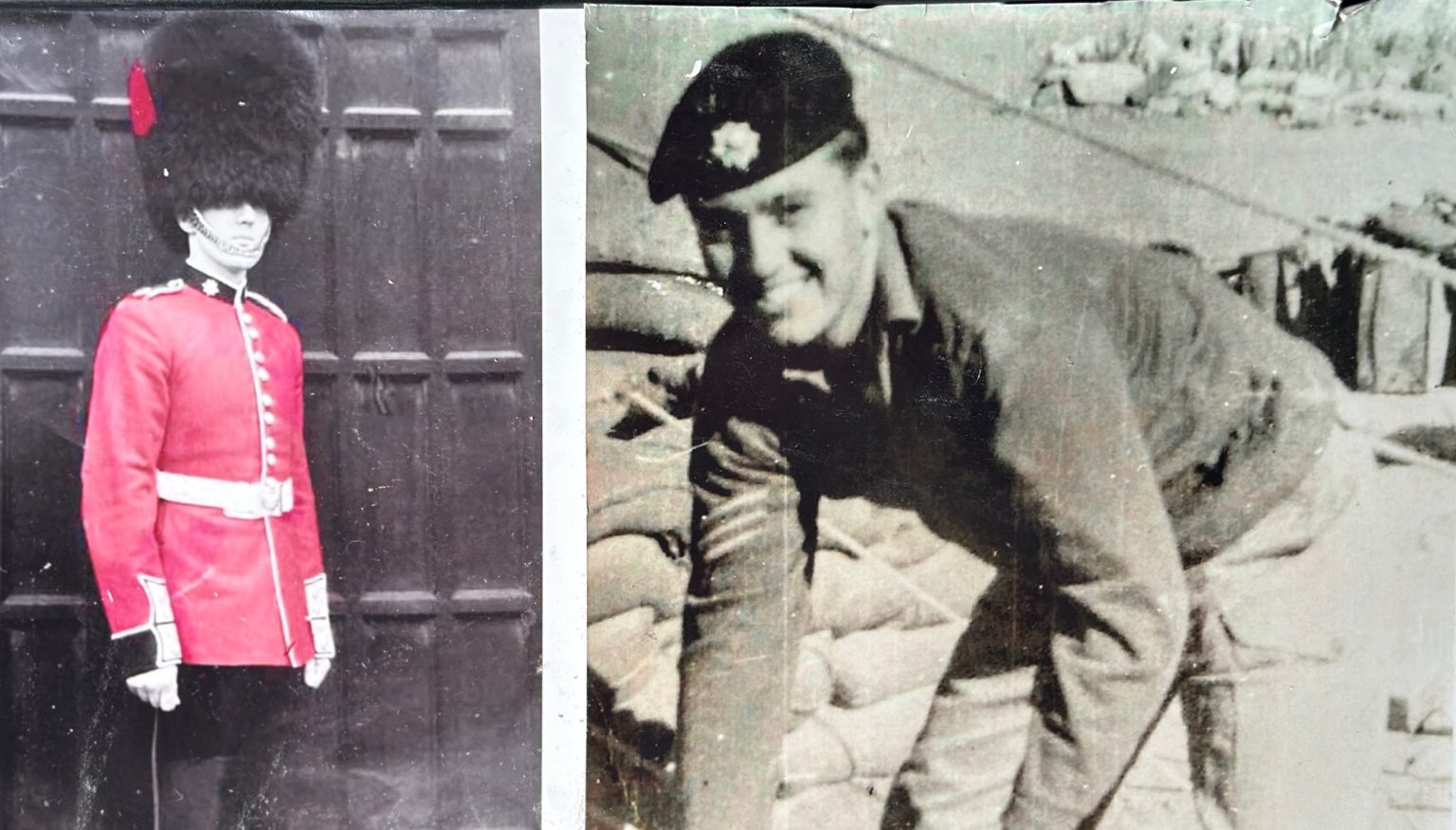
Colin’s Story – Living with Shrapnel in His Brain for Over 60 Years
“The shrapnel’s still there, but so am I. You’ve got to keep going.”
Born in Hull in 1943, Colin grew up in a working-class family. Like many young men of his generation, his education was brief — he left school at 15 to start earning a living. His first job was in a foundry, where the furnaces’ heat and the molten metal clang set the tone for a working life built on hard graft.
From there, he found work on the railways, learning the value of precision, reliability, and teamwork. But Colin wanted more; he wanted to see the world, serve his country, and push himself beyond the familiar streets of Hull. At just shy of 20 years old, Colin walked into a recruitment office. Four hours later, he had signed up, and a week on, he was shipping off for training.
From Buckingham Palace to the battlefields of the Middle East
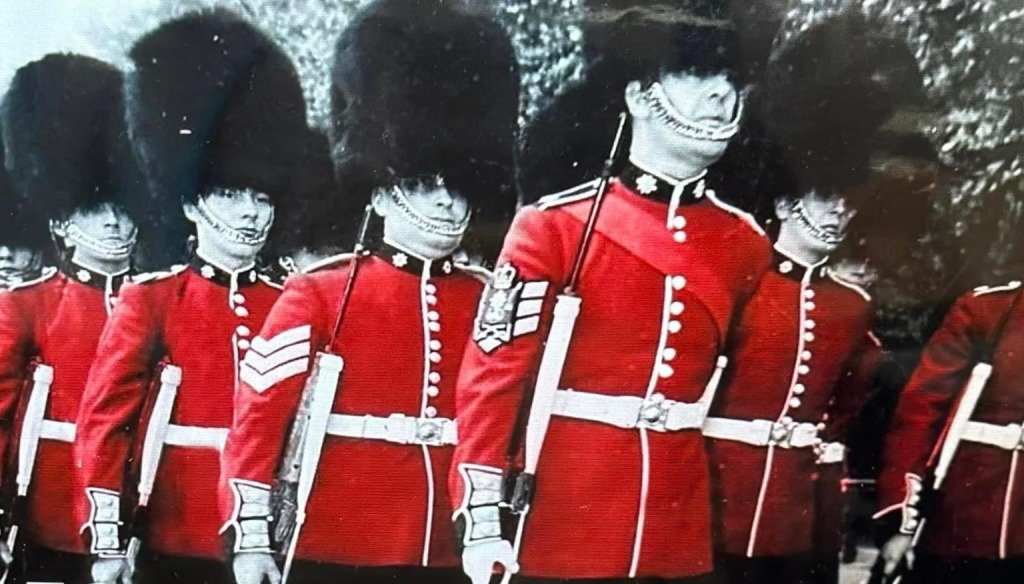
In 1962, Colin joined the Brigade of Guards — a decision that would take him from ceremonial duties in London to some of the most dangerous frontlines overseas.
He remembered:
“I was actually on Public Duties at Buckingham Palace on my 21st birthday. Standing guard in front of the palace, swapping shifts every two hours and sleeping in the guardroom at night. We were on duty 24 hours a day, seven days a week. It was a privilege, but also a big responsibility — tourists see the uniform, but they don’t realise you’re carrying live ammunition.”
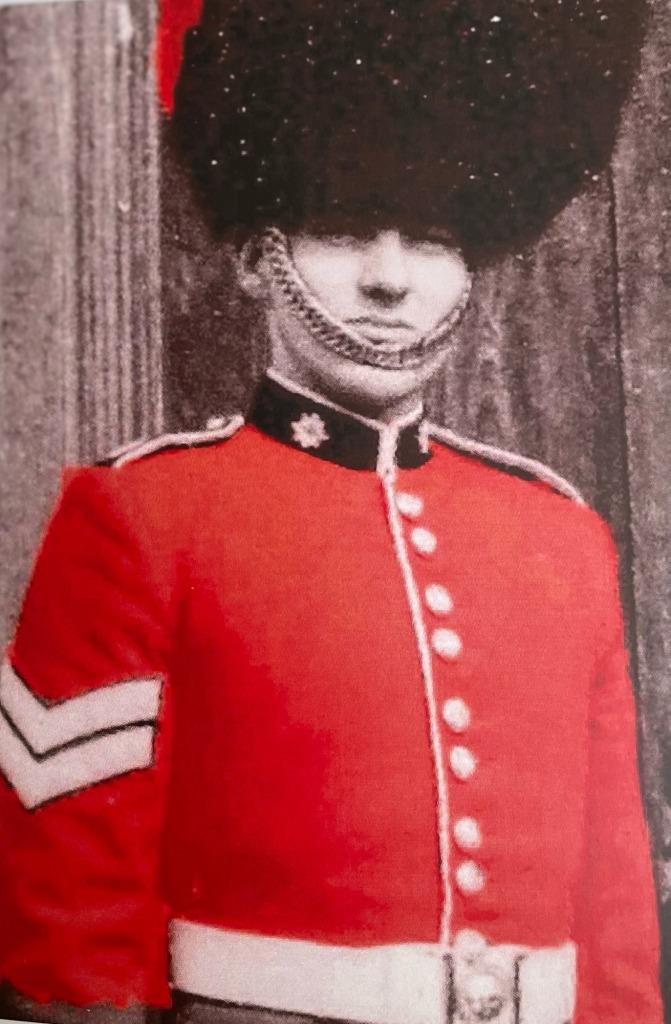
That high-profile posting was followed by his Battalion being posted to the Middle East as part of a British protectorate force stationed by the Red Sea. His Company was sent to South Arabia and later flown up to the Yemen border, 7,500 feet (2.29 km) above sea level. The region was freezing and tense, with the Yemen Government in the north wanting to occupy the British Protectorate in the south.
Colin’s Company was tasked with a vital mission: heading into the mountains to intercept weapons moving south across the rugged terrain. A mission so dangerous that British special forces operating in the area were killed in the line of duty.
He said:
“We’d track the armaments routes and try to stop them coming down into the province.”
The terrain was unforgiving — a volcanic landmass where trenches couldn’t be dug. Colin and his section had to cut volcanic rock and build defensive walls known as sangars.
“At 2am the next morning, we came under heavy fire from all sides. The camp and all piquets were completely surrounded.”
Injury in the line of duty
During that battle, Colin witnessed the loss of fellow soldiers. In the confusion and heavy gunfire, shrapnel from an explosion struck him in the back of the head, embedding in his cerebellum.
“I was Casavact straight away. They got me to a military hospital overseas first, then home to a hospital in the south of England, and later to Redcliffe Hospital. The doctors told me they couldn’t remove the shrapnel — it was in pieces. I was told taking it out would leave me in a vegetative state.”
For years afterwards, Colin underwent regular scans to monitor his injury. But eventually, the risk from radiation exposure was too high.
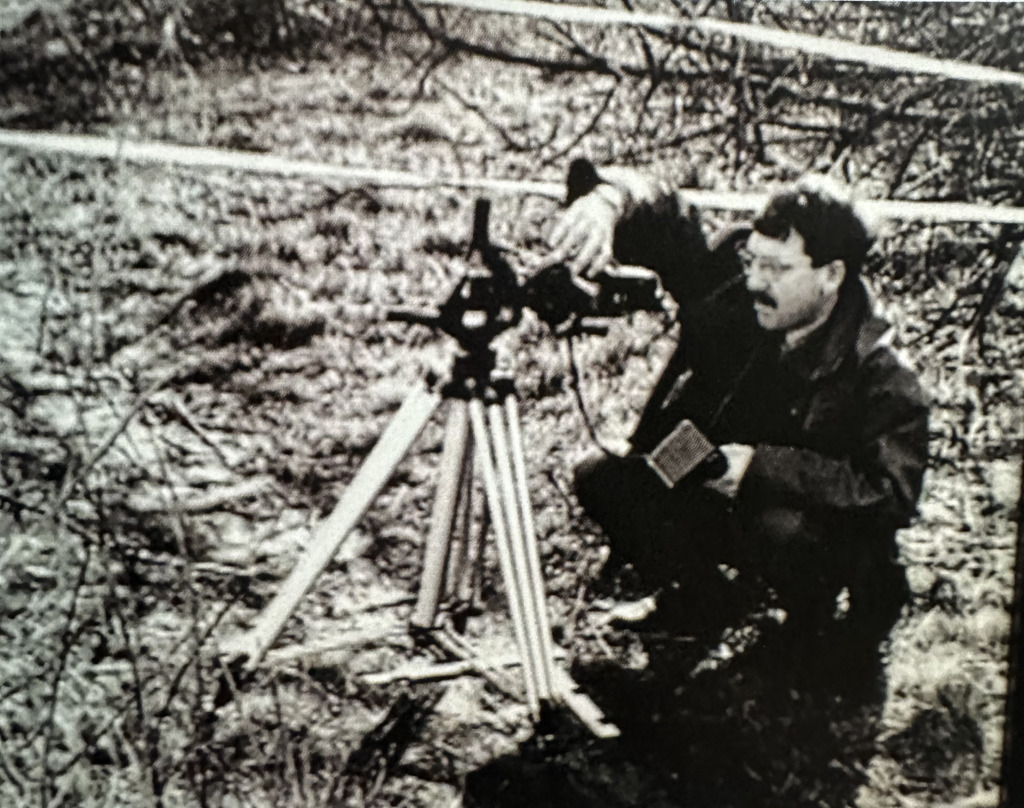
“The shrapnel’s still in there now. I’ve lived 60 years with it. Over the years, the symptoms have got worse. I’ve got the shakes, I lose my balance, have had a few falls, and my memory’s not what it was.”
Recently, he was diagnosed with ataxia, a neurological condition that affects coordination and movement.
“I think I’ve had it most of my life. It’s just now they’ve given it a name. But the doctors still don’t really understand my case.”
Life after the Army
Despite his injury, Colin was determined to work and live as fully as possible. After leaving the Army as a Sergeant, the Royal British Legion helped him find work in a factory. But a bigger opportunity soon came his way.
In 1969, Colin joined the police force, where he trained in forensic science. He studied photography, evidence handling, and fingerprint analysis, eventually working as a Forensic Officer on thousands of cases over 32 years.
“I dealt with murders, fatal accidents, and major incidents. We’d work closely with detectives and pathologists — I’d photograph wounds, collect evidence, and help piece together the truth of what had happened.”
His hard work and expertise saw him promoted to head of the forensic department, a position he held for many years.
“I was on call seven days a week sometimes. It was demanding, but I loved the work. Every case mattered.”
Yet through it all, Colin kept his brain injury private.
“Back then, if I’d told more people, it could have affected my career. There was a lot of stigma, and I didn’t want to be seen as less capable.”
Love and partnership
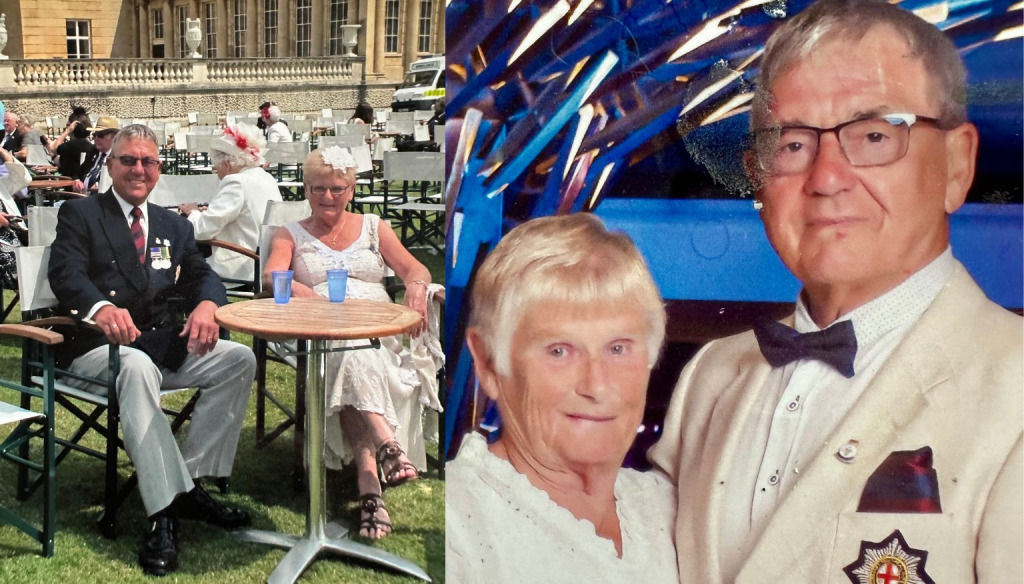
Colin’s wife, also 82, has her own military story. She served in the Women’s Royal Army, working as a secretary in communications. The two didn’t meet during service, but years later at a veterans’ group. They married 25 years ago.
“We met as veterans, started talking, and that was it.”
Now, his wife lives with dementia, and Colin is her full-time carer.
“She was always so strong and capable. Now it’s my turn to look after her, just like she’s always been there for me.”
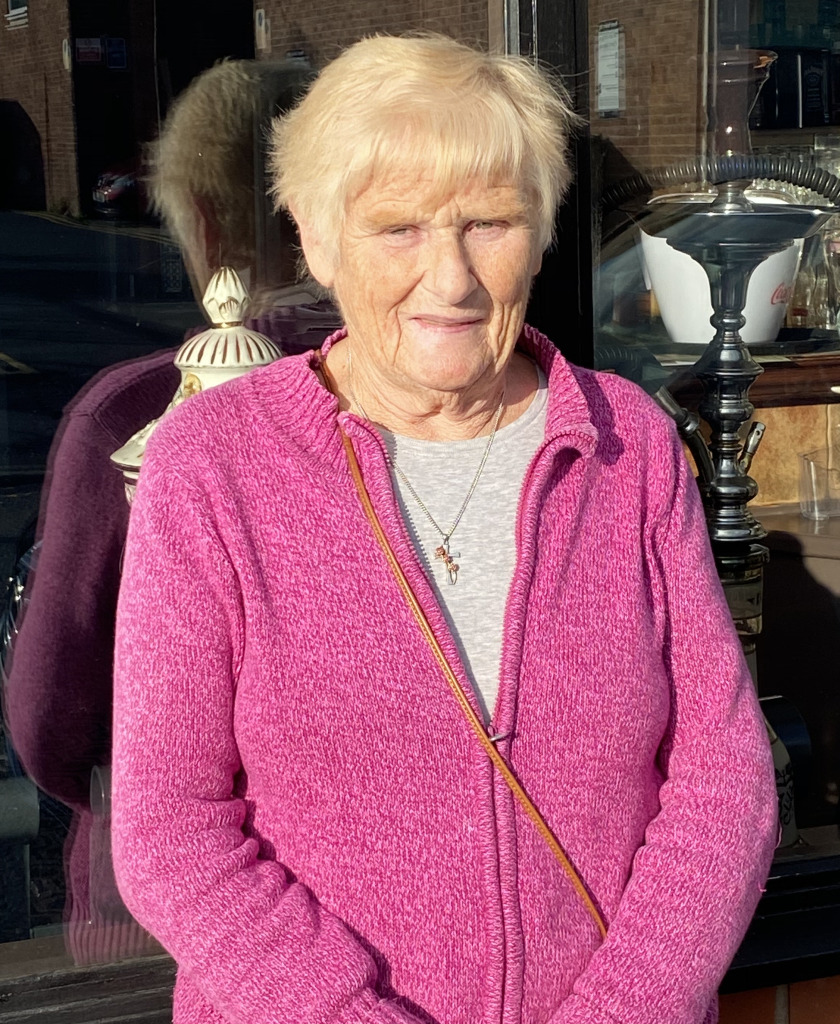
Finding support
Colin first heard about The Brain Charity through Ataxia UK after attending a small ataxia support group in Blackpool.
“There’s only about five of us, and we meet once a month. The hospital asks me what kind of ataxia I have, but mine’s different — it’s from my injury, not inherited or genetic. That makes it harder to get the right kind of help. They just don’t understand. So having other people who do is a blessing.”
Living with a brain injury for over 60 years has been far from easy, but Colin remains matter-of-fact.
“The shrapnel’s still there, but so am I. You’ve got to keep going.”
Category: News
Published: 2 September 2025

